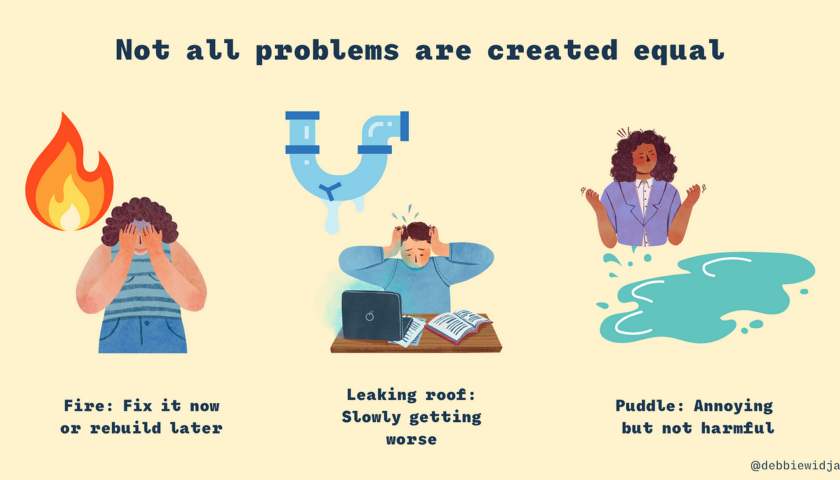Pilots are responsible for many time-consuming duties before, during and after a flight. In addition to actual flight duties which are shared between pilot flying (PF) and pilot monitoring (PM), most of them are routine in nature like including weather assessments, filing flight plans, performing pre-flight checks on aircraft and filing post-flight reports, to ensure each flight is operated to the highest level of safety. The workload of flightdeck crew varies during different phases of flight and is maximum during critical phase like taxi, take off, initial climb and subsequently during approach and landing. The cruise phase is often the longest in terms of duration and involves minimal tasks like monitoring of flight progress which are often dull and boring.
Approach and landing is very complex phase which places significant demands on the crew in terms of navigation, aircraft configuration changes, communication with Air Traffic Control, congested airspace, and degraded weather conditions. This combination of high workload and the increased potential for unanticipated events can create a complex interplay of contributing factors, which may lead to an accident. Runway excursion, Undershoot/overshoot of runway. abnormal runway contact are major cause of loss of life or hull losses apart from LOC-I or CFIT. In aviation, decision making needs no further emphasis as it is safety related. Decision making in aviation is a team process therefore team dynamics play very vital role: positive or negative. Does team suffer with “Triviality Effect” which is also known as “The Bikeshed Effect”.

The Bikeshed Effect
Bikeshedding is a metaphor to illustrate the strange tendency we humans have to spend excessive time on trivial matters, often glossing over important ones.
The Law of Triviality states that the amount of time spent discussing an issue in an organization is inversely correlated to its actual importance in the scheme of things. Major, complex issues get the least discussion while simple, minor ones get the most discussion.
From meetings at work that drag on forever without achieving anything to weeks-long email chains that don’t solve the problem at hand, we seem to spend an inordinate amount of time on the inconsequential. Then, when an important decision needs to be made, we hardly have any time to devote to it. Does it sound familiar to what happens in cruise phase of flight and how much time pilots actually spend on briefing about approach and landing or discussing about the developing situation (threats and errors) and how to avoid them (mitigation).
To answer this question, we first have to recognize why we get bogged down in the trivial. Then we must look at strategies for changing our dynamics towards generating both useful input and time to consider it.
Why this happens
Individuals tend to underplay the risk and avoid discussing it. When something is outside of our circle of competence, like Threats and Errors linked to developing situation, we don’t even try to articulate an opinion. Both pilots feel comfortable discussing normal procedures, while avoiding unforeseen situation involving threats and errors. Concerns about image or failure and the desire to command the respect of others are other psycho-social factors that can have direct impacts on the way briefing proceeds or threats are analysed. And before they realise it is time to descend for approach and landing. Both feel satisfied with the discussion and having contributed to it.
Strategies for avoiding bike-shedding
- The key is to collect all relevant information with an aim to identify all threats and errors possible. Here, you may have to read between the lines to identify the situation.
- Next, I always make it a point to ask other pilot to list threats and error which as per their estimate will affect the safety of the flight. Then spend adequate time on discussing strategies to mitigate them. Discuss what will be duties and responsibilities in detail if further emphasis is require depending on experience level.
- Discuss all the alternate with pros and cons; choose a solution which is the safest. Always explain the logic behind the decision to team member, so as to ensure their continued support and involvement.
- Avoid getting into triviality as it will eat on time which is very precious and if not managed may soon lead to unsafe situations.
Your comments/suggestions please. Thanks
Happy landings. Be safe.



